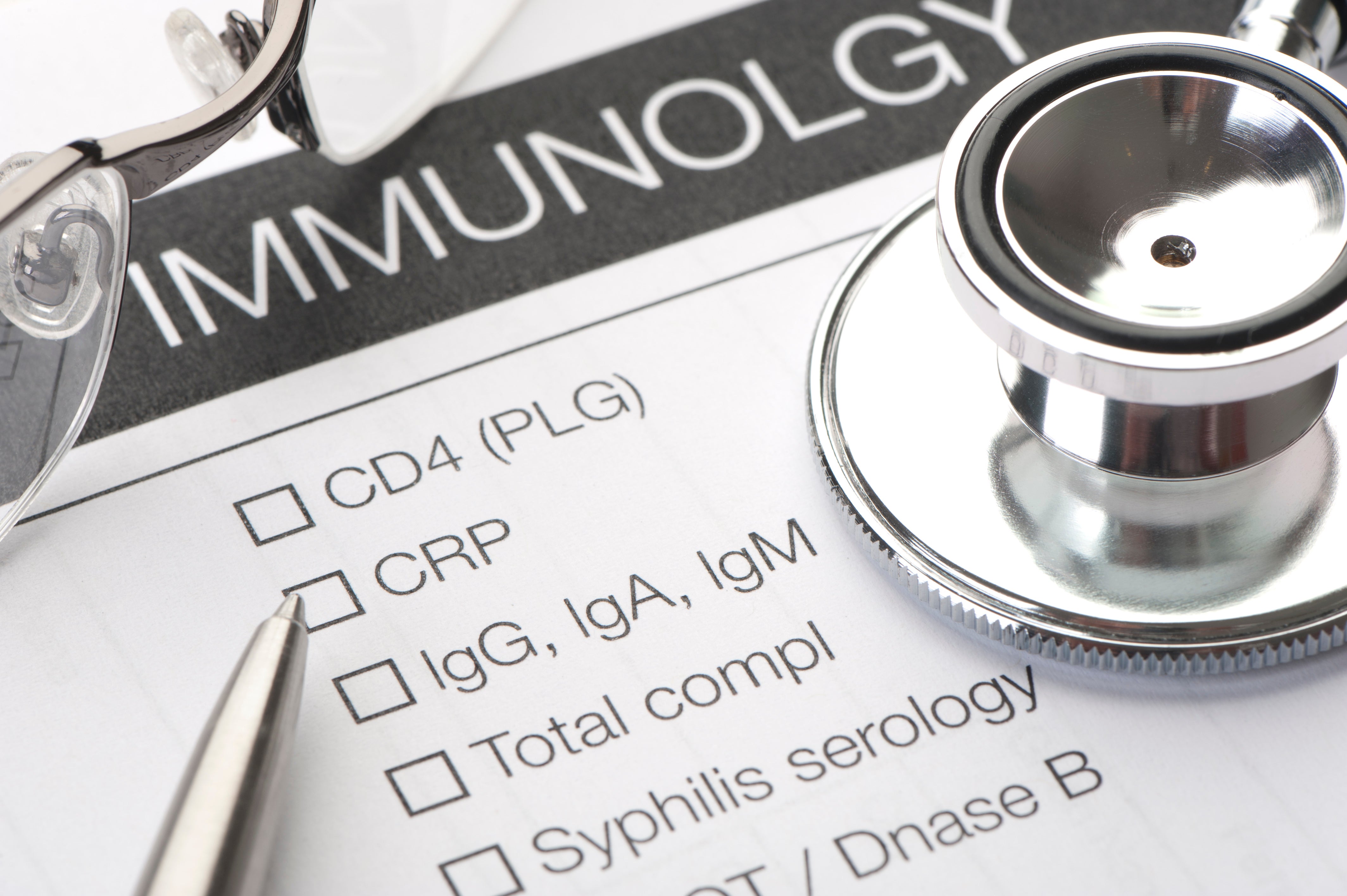‘Widespread disruption’ of STD testing has begun due to lack of blood sample tubes
‘This shortage is leading to widespread disruptions in vitally important sexual health services’

Due to a lack of blood sample test tubes in the US in the last month, there has been a “widespread disruption” and shortage of STD testing.
Back in June 2021, the Food and Drug Administration (FDA) reported that there was a shortage in sodium citrate (light blue top) tubes. These tubes are used to “collect, transport, and store blood samples” for testing and to “better identify” and “treat patients” with COVID-19. Authorised laboratories are the only ones that have access to these tubes.
However, this past January, the FDA announced that all blood specimen collection tubes were added to a list of medical devices that have a shortage.
“Based on available information, the FDA determined several types of blood specimen collection tubes are in shortage because of an increase in demand and recent vendor supply challenges,” the federal agency explains.
On 16 February, the National Coalition of STD Directors (NCSD) announced that this test tube shortage is causing a major effect on the availability of STD testing, specifically for syphilis and HIV.
“Blood specimen collection tubes are essential for providing routine, standard of care blood testing for laboratory analysis, including sexual health testing,” Jennifer Mahn, NCSD’s director of clinical and sexual health said in a press release.
“This shortage is leading to widespread disruptions in vitally important sexual health services,” she added.
The FDA has been alerted of this disruption, by the NCSD, and they are now urging laboratories to put a limit on how often they use blood specimen collection test tubes.
Sexually transmitted infection (STI) rates are also rapidly rising, as the Centers for Disease Control and Prevention (CDC) announced last year that nearly 1 in 5 people in the US have an STI.
Additionally, cases of sexually transmitted diseases (STD) have reached an all-time high over the years. According to the CDC, there were more than 2.5 millions cases of chlamydia, gonorrhea, and syphilis reported in 2019.
With HIV, per HIV.gov, about 1.2 million people in the US have this STI. However, HIV infections have declined 8 per cent from 2015 to 2019. Rates of syphilis, on the other hand, have gone up, with an 11.2 per cent increase of cases from 2018 to 2019, per CDC.
With these numbers in mind, the NSCD emphasised how vital STI and STD testing is.
“Sexual health clinics and providers should not have to ration essential public health supplies, nor should they be forced to make decisions about which individuals warrant testing,” Stephanie Arnold Pang, NCSD’s senior director of government relations & policy explained in the press release.
“NCSD will continue to monitor this situation and again call on our federal partners to do all they can to mitigate this shortage, including using emergency powers granted under the Defense Production Act, to ensure continued access to routine, lifesaving STI testing for all,” she concluded.
Subscribe to Independent Premium to bookmark this article
Want to bookmark your favourite articles and stories to read or reference later? Start your Independent Premium subscription today.

Join our commenting forum
Join thought-provoking conversations, follow other Independent readers and see their replies